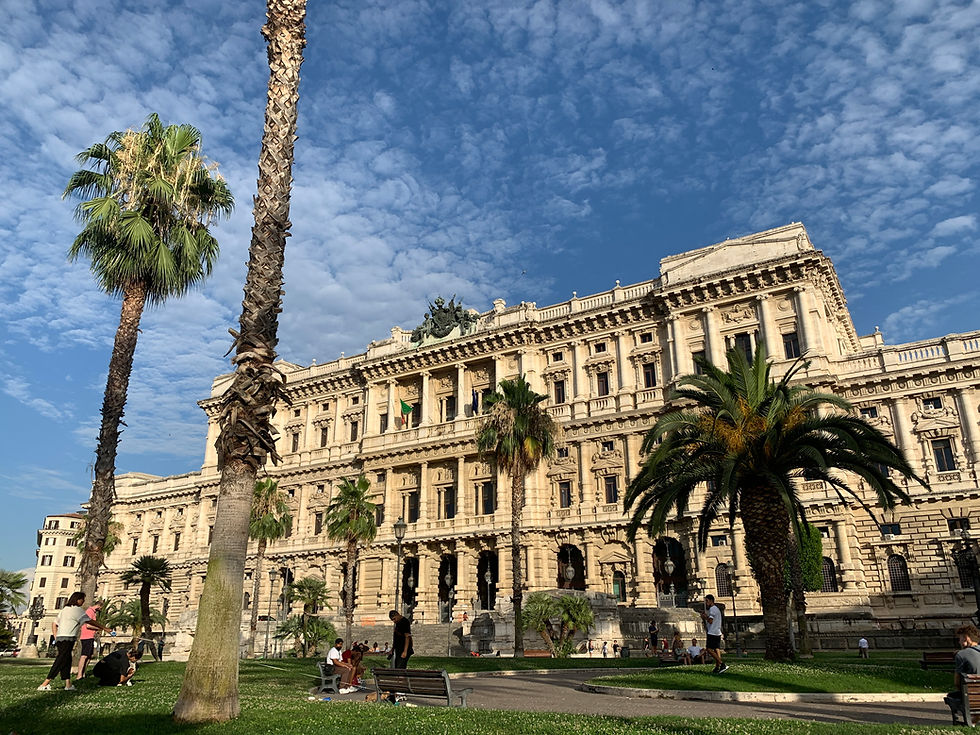Italian Parliament Advances Bill to Restructure the Citizenship by Descent Process
- Guillermo Iso
- Oct 17, 2025
- 2 min read
On October 13, 2025, the Italian Chamber of Deputies—one of the two houses of Parliament—approved legislative bill 2369-A. This bill, which now awaits final approval from the Italian Senate, proposes a major centralization of all jure sanguinis applications.
This move does not come in isolation; rather, it marks the latest development in a turbulent period of legal shifts and evolving interpretations of citizenship law. Over the past year, applicants have had to navigate a complex landscape shaped by the October 2024 Minor Circular by the Ministry of Interior, the new Law No. 74/2025, and Constitutional Court judgment 142/2025, with other Constitutional Court and Court of Cassation important decisions to come in the next months.
Key Provisions of Bill 2369-A
Centralization in Rome: The bill's most dramatic change is the removal of the authority of Italian consulates abroad to process and decide on citizenship by descent applications. All new applications would be centralized and managed by a new, dedicated department within the Ministry of Foreign Affairs in Rome.
The Changing Role of Consulates: While consulates would no longer handle initial jure sanguinis recognition, they would continue to manage citizenship-related services for those already recognized as citizens (e.g., registering vital records). During a proposed two-year transition period, consulates would still accept a limited number of new applications, capped at the volume they received in the previous year.
A Return to Paper Documents: In a surprising move away from modernization, the bill would require all applications and supporting documents to be submitted in physical paper format via postal mail to the new office in Rome. This revokes progress made under Italy's Code of Digital Administration.
Extended Processing Times: The maximum legal timeframe for a decision on an application would be extended from the current 24 months to 36 months. This is a reduction from an initial 48-month proposal but remains a significant increase.
New Administrative Unit: The new central department in Rome is slated to be staffed by a maximum of 30 civil servants and 50 administrative assistants to handle the entire global volume of applications.
Analysis: Efficiency or Obstacle?
The Italian government justifies these measures as a way to improve administrative efficiency and create a uniform application process. However, the proposal has been met with significant concern from the global community of Italian descendants. Many view the centralization, the return to a paper-based system, and the extended timelines as additional obstacles designed to slow down and complicate the path to citizenship recognition.
Expert analysis suggests that this approach runs counter to modern administrative practices. Rather than solving the current backlogs, centralizing services far from applicants and abandoning digital verification systems may create new bottlenecks. A more effective solution would likely involve enhancing digital infrastructure and providing consulates—which are closest to the applicants—with the resources needed to process applications efficiently.
What Happens Next?
It is crucial to remember that this bill is not yet law. It must still be debated and approved by the Italian Senate. The timeline for this is uncertain, most likely til the end of the year.



